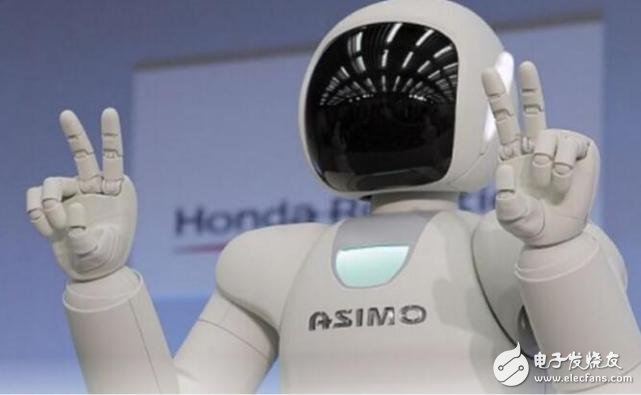Electronic enthusiasts eight o'clock: According to foreign media reports, due to fear of machine replacement of human workers caused widespread unemployment, South Korea launched the world's first "robot tax", they believe that reducing tax incentives can increase productivity. In the new tax law amendments, South Korea will reduce tax incentives for the automation industry. The new tax law will come into effect at the end of this year, and the robot tax officially takes to the historical stage. According to Korea TImes, the South Korean government hopes to compensate for the loss of personal income tax revenue caused by the replacement of human jobs through the robot tax, while accumulating more social welfare funds before the unemployment rate rises sharply. Industry experts predict that robots will dominate in multiple industries in the near future, and by 2030 one-third of jobs in the UK will be dominated by machines and artificial intelligence. Industry experts said: "Although the new tax law is not directly related to robot taxation, in fact, robots and artificial intelligence are already the two pillars of the automation industry, so the government is actually targeting robots." Although South Korea is the first country to introduce a robot tax, there are many people with the same attitude. Earlier, Bill Gates, the world's richest man, called on the government to introduce a robot tax to balance income. He believes that this will slow down the pace of automation, provide transition time for workers on the edge of the unemployment crisis, and raise funds for industries that need human work, such as the healthcare industry. In February of this year, Gates said: "Assume that workers can receive $50,000 in annual salary, he has to pay personal income tax and social security. If robots occupy workers' positions, should we also levy them? What about the same level of tax?" However, companies that use robots and robots are reluctant, saying that robot taxes are not good for their own business and can hinder innovation. PricewaterhouseCoopers said that the industries most threatened by automation now include transportation, manufacturing and waste management, but work robots that need to think and be creative may not be able to replace them. Kenwood Mobile Radio,Kenwood Tri Band Mobile Radio,Kenwood Vhf Mobile Radio,Kenwood Digital Mobile Radio Guangzhou Etmy Technology Co., Ltd. , https://www.digitaltalkie.com